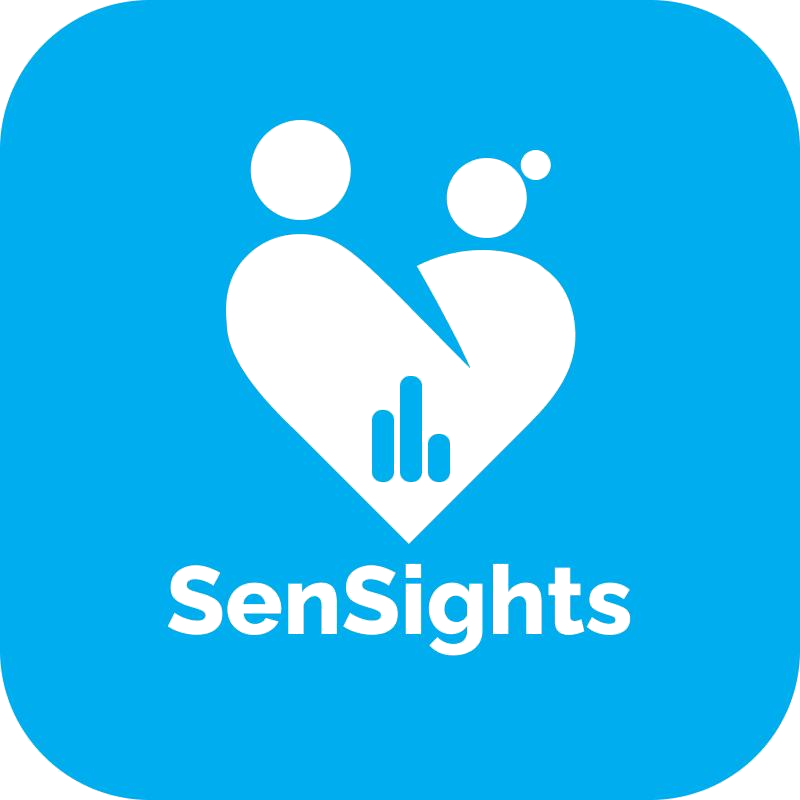We keep hearing about new solutions and technologies designed specifically for the older population. Most of these solutions are powered by advanced ML and AI capabilities. While it may not seem like much now but gradually as the ecosystem develops and 5G is implemented, these technologies will become a core part of the care delivery process.
AI in senior care goes beyond just monitoring and reporting. It helps analyze data that can aid home healthcare providers and medical professionals in understanding the senior’s mental and physical health. It can enable caregivers to ensure that the seniors, at home, are safe and out of any potential danger.
Very recently, AI is also being used by research institutions to gauge if emotional and social support can be provided to seniors living alone.
When it comes to AI and senior care, the possibilities are truly endless.
Early diagnosis and potential prevention is becoming a reality
When it comes to brain-related medical conditions, medical professionals are usually only able to diagnose the diseases once symptoms have appeared and the diseases have progressed. For instance, in the case of dementia, even though changes begin to take place in the brain up to 20 years before symptoms appear, diagnosis is usually done much later.
AI, however, is beginning to change this. Computer programs that examine detailed scans of the brain are being developed. They collect and analyze data such as the chemical make-up of the brain to identify changes in memory and thinking. As they process more and more data, they are more accurately able to indicate the earliest signs of diseases such as dementia.
Earlier this year, researchers used a common type of brain scan and programmed a machine-learning algorithm to diagnose early-stage Alzheimer’s disease about six years before a clinical diagnosis is made.
Even though there isn’t a cure for Alzheimer’s today but there are medications that can considerably slow down the progression of the condition. As these medications work best when administered sooner, AI aided diagnosis can help doctors in intervening at an earlier stage.
Additionally, new analytical methods based on data can accelerate dementia research. This potential has been recognized by both governments as well as private organizations. Recently, a Big Data for Advancing Dementia Research project has been initiated by the G8 Health Ministers to explore the use of big data in dementia research and facilitate the deployment of these models.
Aging in place is being facilitated
Aging in place was considered unsafe until a few years ago. However, with AI-powered technologies, wearables, sensors, and improved connectivity healthy seniors are able to stay in the comfort of their homes for much longer. A recent Wall Street Journal article shows that a large number of seniors are choosing not to leave their residences for senior housing.
Wearables and sensors around the house can help to intelligently monitor a senior’s behavior and health with minimal intrusion. AI helps in processing this data in real-time to ensure that the senior’s health and movement are closely monitored. If something out of the ordinary is detected the relevant care person or organization is notified immediately.
For instance, LocateMotion’s SenSights.AI provides advanced real-time analytics to help identify health trends and patterns in the movement to reduce the chances of potential issues such as wandering. The idea is to enable seniors to always be connected to their caregivers through a customizable, scalable, simple solution.
Similarly, The Care and Technology center of the UK Dementia Research Institute is also using AI to automatically integrate the patient’s information and monitor any expected changes. For instance, if there is a change in the walking pattern, it could suggest a potential fall.
Robotic is becoming a part of the care chain
While human interaction is key, the lack of skilled caregivers and impending caregiver shortages have prompted companies to invest in AI-powered technologies that can somewhat mitigate this increasing gap.
An interesting concept is of robotic helpers. Catalia Health’s Mabu and Intuition Robotics’ ElliQ, are examples of virtual home assistants that provide seniors the assistance with everyday tasks, share reminders, and keep them connected to their families.
In addition to this, organizations like MIT have been conducting research to develop ‘social robots’. According to research published by MIT, social robots can foster a connection with those who are remote, assist access to useful information and digital services, and provide coaching support for managing chronic diseases and promoting healthy behaviors.
What’s next?
The maximum benefit from AI technologies can be gained when there is an interconnected system and information seamlessly flows within a network of health-monitoring sensors, robotics, voice-activated digital assistants, and other technologies. It’s just a matter of time before the senior living industry experiences massive changes because of the integration of AI-powered technologies.
Though we are not quite there yet, we are moving towards this ecosystem. In the meantime, it is important for organizations, both public and private, to ensure that the data is consensually collected and is handled carefully to ensure the seniors’ privacy and safety.
#AI #seniorcare #ageinplace #wandering #falls #alzhiemer #dementia @LocateMotion

